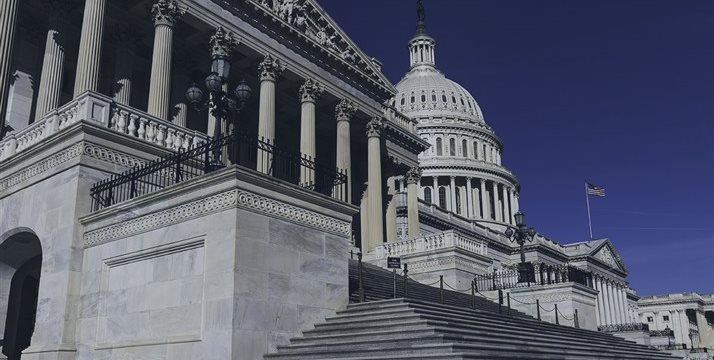
Morgan Stanley: Dollar and energy story are two big drags on U.S. economy - Analysis
Winter weather undoubtedly hurt the U.S. economy this year. However, the bigger drags were the two factors which are generally seen as positive - a strong greenback and cheap oil, said an economist at Morgan Stanley. In his view, a pickup is hardly expected even in the second quarter.
Ted Wieseman, who is also the winner of MarketWatch’s Forecaster of the Month contest for April, noted that the strength of the dollar has led to more imports and less domestic manufacturing. This is what analysts would generally expect from a firm currency. However, the impact of the fall in oil prices has been the opposite of what they expected.
“Contrary to our assumptions, the decline in oil prices has been decisively net negative so far this year,” Wieseman said. The drop in crude oil prices below $50 per barrel triggered a massive decline in exploratory drilling by energy companies. And consumers, who should benefit greatly from lower energy prices, have mostly saved the windfall rather than spending it.
Analysts who think the poor performance in the first quarter was caused the weather and the now-resolved port strike expect a quick rebound in growth in the second quarter. According to Wieseman, the rebound will take longer, as the harmful effects of the stronger dollar and cheaper oil are still working their way through the economy.
“We’re not seeing a pickup in the second quarter yet,” he said. He’s currently forecasting a 1.5% growth rate for gross domestic product in the quarter (compared with a consensus forecast of 3.5%) and he expects first-quarter growth to be revised down from 0.2% to negative 0.7%.
Wieseman underscores the following problems which are most likely to stand behind the sluggish GDP:
- Declining oil rigs;
- The drag from the dollar on
manufacturing;
- Hesitancy on the part of consumers to spend their
gasoline windfall;
- Caution by businesses to invest in new equipment;
- Inventory levels that are too high.
Still, better numbers are predicted in the second half. The dollar has steadied now that the European economy has shown the life again. Oil exploration will bottom out in several months now that the price of oil has stopped its free fall. Overblown inventories will be worked down in the second quarter. If the GDP numbers improve considerably, markets can expect the Fed to finally pull the trigger on interest rates at the December meeting.


